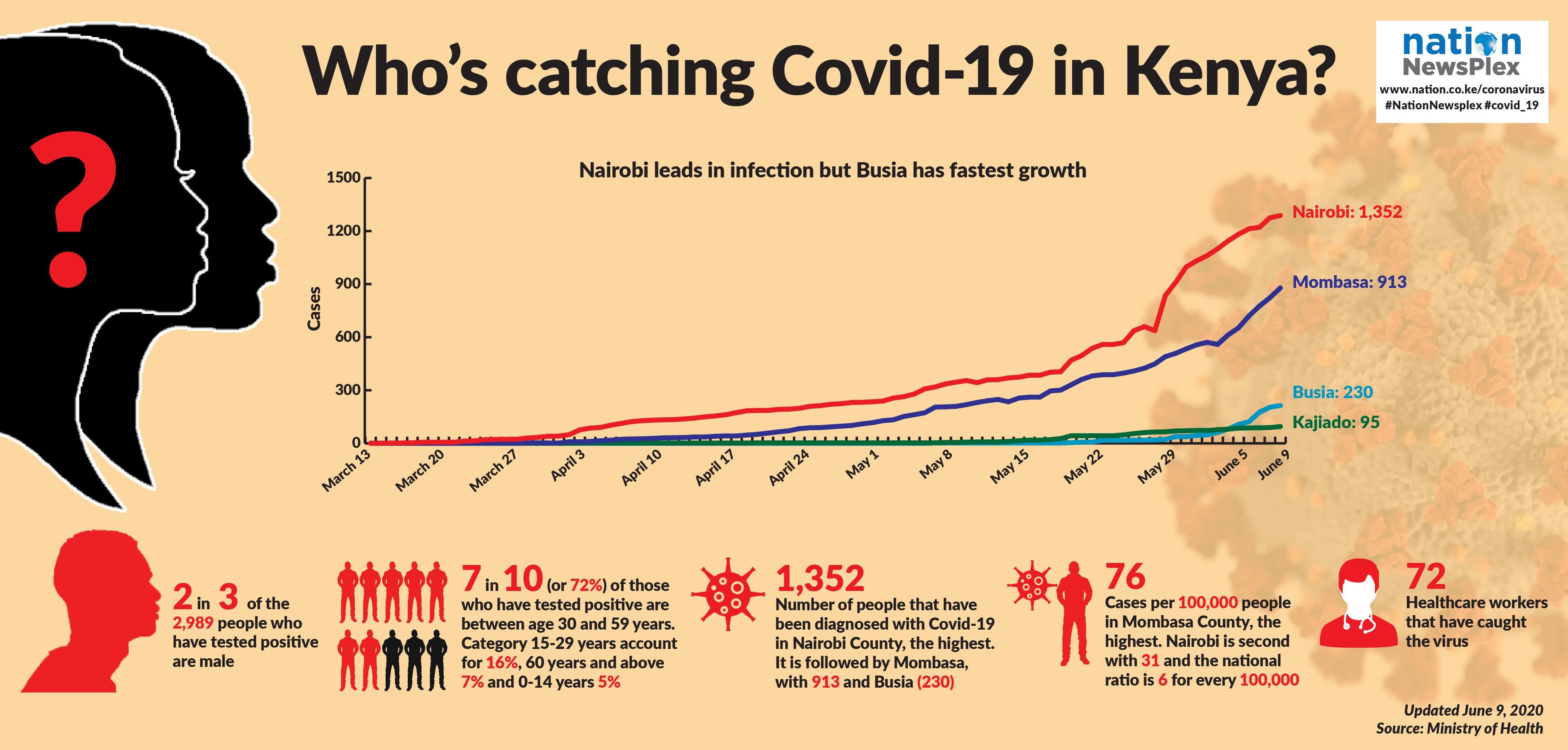One nation, two worlds
DESIGN | LISA MUGUNDA
Poverty and inequality have been twin impediments to peace and development in the developing world.
The International Monetary Fund (IMF) recently concluded that ''excessive inequality can erode social cohesion, lead to political polarization, and ultimately lower economic growth.''
According to World Bank, inequality in Kenya is substantially higher than in either Tanzania or Uganda.
So what do Kenyans think of the poverty and inequality in the country?
Below is a sample of views according to Sauti za Mwananchi Mobile Phones Survey Round 21 (April 18 to May 15, 2018).
- Almost all citizens (95 percent) agree with the statement that the gap between the rich and the poor is large, and only one percent consider themselves are rich.
- The majority (85 percent) also say this is something the government has the responsibility to address, with less than one out of ten (five percent) disagreeing.
- Half of citizens (48 percent) perceive unemployment as one of the three main reasons why some households in Kenya are poor. Other popular reasons include injustice in society (23 percent) and lack of education (18 percent). Interestingly, a small share (six percent) attribute poverty to fate.
- A clear majority of citizens (76 percent) believe that if people work hard it is easy to increase their wealth.
- A majority (80 percent) of Kenyans say boys should not be given priority over girls in access to education. A smaller share (62 percent) think men should not be given priority when jobs, sources of income or resources like land are scarce.
- 40 percent say an increase in funding for social safety programmes is among the three most important things the government should do to reduce income inequality. A similar proportion (36 percent) cite provision of quality education and health care.
- Half of Kenyans are not ashamed of receiving benefits, but 37 percent say it makes people lazy.
- Some of the specific measures for reducing poverty and inequality that have been proposed include: reducing taxes on small business (19 percent) or large businesses (12 percent), raising taxes on the rich (10 percent) or large businesses (seven percent), raising the minimum wage (23 percent), and creation of employment opportunities (12 percent).
- 1 in 5 in say addressing income inequality is an urgent priority for Kenya, and 2 in 3 think national leaders are not showing sufficient urgency in addressing it.





